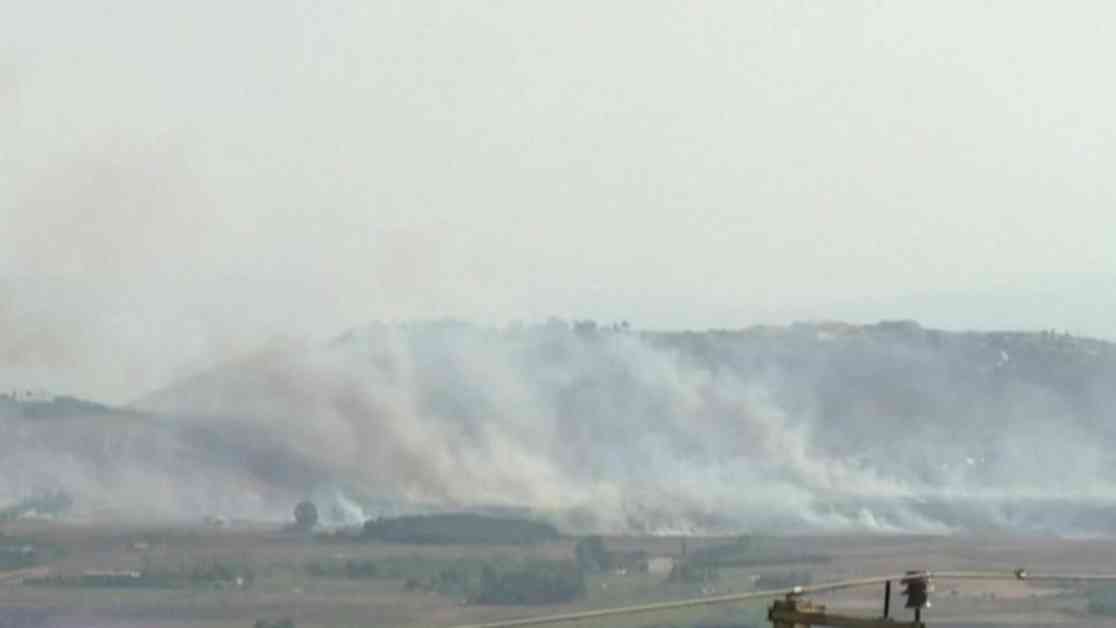Israel has launched a ground offensive against Hezbollah in southern Lebanon, escalating the conflict between the two parties. The Israeli military has crossed into southern Lebanon, targeting Hezbollah militants in villages close to the border. This move comes after weeks of heavy blows against Hezbollah, including the airstrike that killed their leader, Hassan Nasrallah. The last time Israel and Hezbollah engaged in ground combat was during the 2006 war.
The Israeli military stated that the ground raids are limited, localized, and targeted against Hezbollah threats to Israeli communities in northern Israel. Soldiers had been training and preparing for this mission for months. The goal is to make it safe for displaced Israelis from border communities to return home. U.S. officials confirmed small ground raids by Israel in Lebanon, and three border communities were declared closed military zones.
Despite the incursion, there have been no direct clashes between Israeli troops and Hezbollah militants. However, Israeli artillery units have been pounding targets in southern Lebanon, and airstrikes have been heard in Beirut. Smoke rose from Hezbollah’s stronghold in the capital’s southern suburbs, and residents were ordered to evacuate buildings.
Israel’s recent battlefield gains against Hezbollah have emboldened them to launch this risky ground operation. Both sides have been preparing for a showdown for two decades, with Hezbollah having tens of thousands of fighters and a massive arsenal of rockets and missiles. Recent airstrikes have targeted Hezbollah’s leadership, but the group remains determined to keep fighting.
The conflict in Lebanon has intensified as Israel shifts its focus from Gaza to Hezbollah. Israeli strikes have targeted militant locations across Lebanon, resulting in numerous casualties. The recent airstrike in central Beirut killed three Palestinian militants, signaling that no part of Lebanon is off-limits for Israeli attacks.
Hezbollah has suffered key setbacks, with most of its top leadership killed in airstrikes. However, the group continues to launch rockets into Israel and remains a formidable opponent. The situation is tense, with the risk of a broader regional war looming as Israel confronts multiple adversaries backed by Iran.
Efforts for a ceasefire have been made by the United States and its allies, with France joining in calling for a halt to the conflict. French Foreign Minister Jean-Noël Barrot urged Israel to refrain from a ground offensive, while also calling on Hezbollah to stop firing on Israel. Lebanese Prime Minister Najib Mikati expressed the country’s commitment to an immediate ceasefire and the deployment of Lebanese troops in the south, in line with a U.N. Security Council resolution from 2006.
The situation remains volatile, with the potential for further escalation and a wider conflict involving Iran. Israel’s military achievements against Hezbollah have raised concerns about the possibility of a region-wide war. As diplomatic efforts continue, the people in the region remain on edge, hoping for a peaceful resolution to the conflict.


